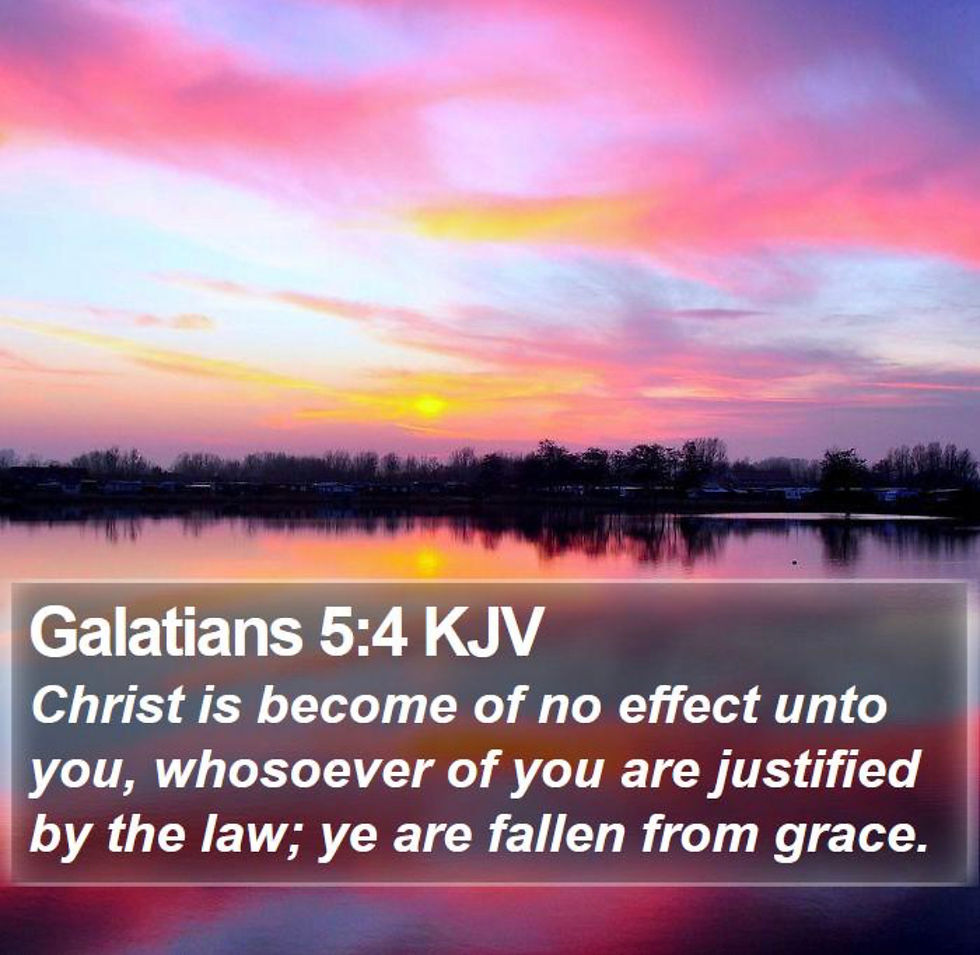Study to Grow
- Doug Bell

- Nov 5, 2022
- 3 min read

By Randy Dillon
Proverbs 9:7-12
“He that reproveth a scorner getteth to himself shame: and he that rebuketh a wicked man getteth himself a blot.
Reprove not a scorner, lest he hate thee: rebuke a wise man, and he will love thee.
Give instruction to a wise man, and he will be yet wiser; teach a just man, and he will increase in learning.
The fear of the Lord is the beginning of wisdom: and the knowledge of the holy is understanding. For by me thy days shall be multiplied, and the years of thy life shall be increased.
If thou be wise, thou shall be wise for thyself: but if thou scornest, thou shalt bear it.”
*****
This section of Proverbs is a final warning to those that Solomon is addressing. It is a somewhat difficult passage with some seemingly contrasting advice about dealing with other people. Verses 7 and 8a give advice on how to deal with critics who oppose wise teaching. Reproving, or correcting, a critic may not do much more than bring shame on oneself, especially if one enters into a serious conversation with someone who is actually less than serious and more inclined to sarcasm or belittling responses. Essentially, this means do not argue with a fool, advice found elsewhere in the Proverbs. Be silent with such folks and let them make a fool of themselves. Likewise, do not rebuke, or oppose, an obviously evil person for a similar reason. Such a rebuke may result in others assessing you as judgmental or haughty which might impede your witness. It may also result in a hatred toward you since not everyone is accepting of correction and they may end up abusing your character. In fact, reproving or rebuking may increase the hatred others envision since it may not be accepted as beneficial.
Verses 8b-9 deal with reproving or correcting a wise person. A wise person will accept correction in love and, in appreciation, will return love. A truly wise man knows hat he is not omniscient (all knowing) and can make errors in his judgment or facts. He is always willing to learn from his own errors and thewisdom of others more learned than himself. A wise man is always seeking true wisdom. Wisdom is flexible, not in accepting untruths, but in its willingness to bend gently toward an opposing opinion when faced with a possible truth much like a tree bends in a storm or a tall building sways slightly in a fierce wind. It bends gently as is assesses what it hears, but it does not abandon its roots or foundation. When it returns to its natural shape it is stronger and more resilient than before.
Verse 10 returns to the start of these 9 chapters. Proverbs 1:7 reminds us that the “fear of the Lord is the beginning of knowledge” while Proverbs 9:10 tells is that such fear “is the beginning of wisdom.” These are not contradictory. Knowledge refers to an understanding of a specific topic. Wisdom refers to a larger, universal understanding. A currently accepted secular theory of knowledge is based on what scripture says here. Bloom’s Taxonomy of Educational Objectives (1956) deals with a hierarchy of human cognition. It places knowledge (of specific facts) and comprehension (understanding) as the lowest categories, followed by higher order skills of application, analysis and synthesis, with the highest skill being that of evaluation (assessing truth). Though different in the terms used, this looks very much alike to the Proverbs passage of today.
Finally, in verses 11-12 Solomon explains that wisdom multiplies the length of life. We often as parents admonish our children to “be safe.” Good decisions help us to be safe and safe behavior leads to a less likelihood of dangerous behavior. Resisting temptation to take unnecessary risks lessens the consequence of harm to ourselves and others. If we choose wisdom, we will reap the rewards of wisdom, but if we scoff at God’s wisdom and knowledge we must bear the consequences of our own foolishness.



Comments